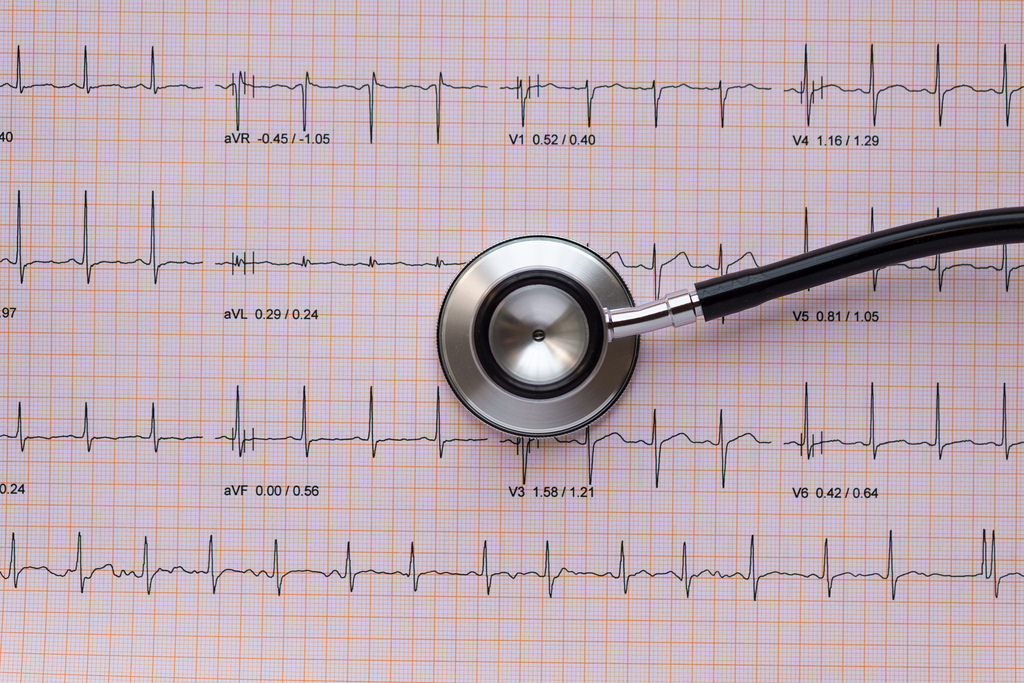
In the United States, heart disease is the leading cause of death, and heart attack is the first sign that something is wrong for many people. There’s no doubt that heart attack risk can be dramatically reduced by taking the right steps, and this is true even for people with a family history of heart attack. Below are six ways you can avoid having a heart attack.
1. Get plenty of exercise
Exercise benefits the heart in several ways. The heart and lungs are both strengthened by exercise, and the heart is also stressed less when excess weight and mental tension are lost through regular physical activity. High blood sugar, a risk factor for heart disease, can be controlled through exercise, especially strength training. Researchers are now also finding that moderate exercise, such as walking, is just as beneficial for heart health as more intense physical activity.
2. Take lots of antioxidants
Heart disease involves oxidation in the blood vessels, and this issue can be reduced by antioxidants found in food and supplements. High-dose vitamin C supplements can reduce markers of inflammation by a quarter, making a big difference for arterial health. All sorts of foods, including blueberries, apples and peanut butter, are rich in heart-healthy antioxidants. Coffee is another super-rich antioxidant source.
3. Sleep the right amount for you
Many people go without sleep on a regular basis to meet the demands of their jobs and families. Most people need between six and nine hours of sleep per night, and either less or more is associated with a higher risk of heart attack. Severe sleep deprivation can trigger fatal heart arrhythmias in susceptible individuals, and sleeping too long at night can be a sign of sleep apnea, a major cause of heart attack.
4. Drink alcohol moderately
Regularly imbibing smaller amounts of alcohol has been shown to be good for heart health in multiple ways, including keeping blood vessels clean and reducing stress. Red wine also contains high levels of resveratrol, an antioxidant proven to benefit the heart. However, high levels of alcohol consumption can worsen heart health by dehydrating the body, leaching minerals from the blood and weakening the heart muscle. Regular drinkers should keep their consumption below the recommended limits for men and women of two drinks and one drink per day, respectively.
5. Avoid drugs that can cause heart attack
Several types of prescription medications have been shown to raise heart attack risk, including gastrointestinal drugs, antibiotics, blood thinners and antipsychotics. For example, the antibiotic azithromycin can cause fatal heart rhythms in patients taking it. Meanwhile, the blood thinner Pradaxa has been shown to increase patients’ risk of heart attack by a third. Although some doctors say that Pradaxa heart attack risks shouldn’t cause patients to avoid it, there are often safer alternatives to Pradaxa and other drugs that patients can ask their doctors about.
6. Consume plenty of fiber
People who eat the recommended amount of fiber each day have inflammation markers 40 percent lower than their counterparts who eat little fiber. The substance can reduce heart attack risk in numerous ways, including lowering insulin, blood pressure and bad cholesterol. Fiber may also have heart benefits that are yet undiscovered. Those who begin eating plenty of fiber early in life reap the greatest benefits, but all can benefit from eating more whole grains, vegetables and fruits on a daily basis.